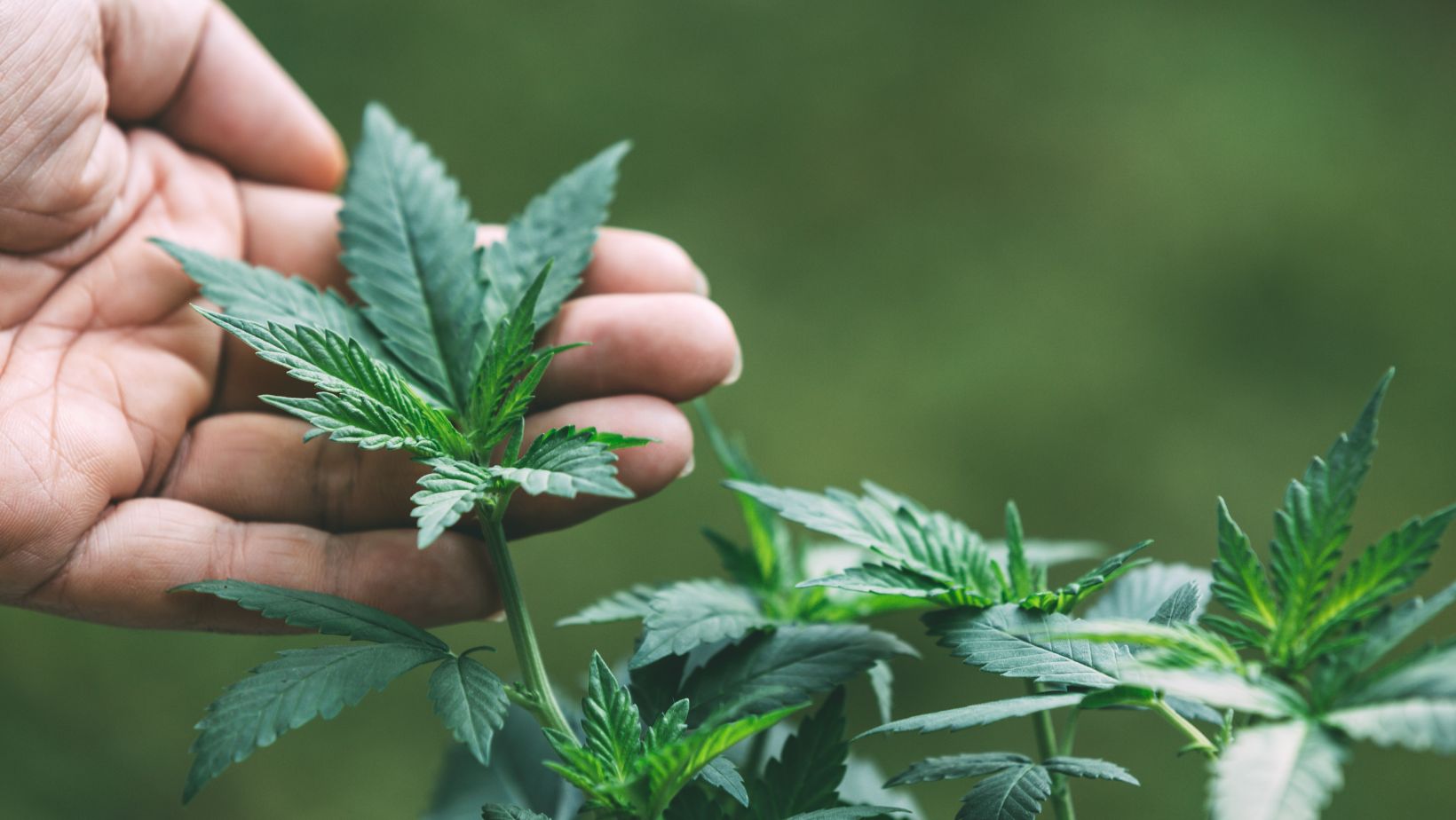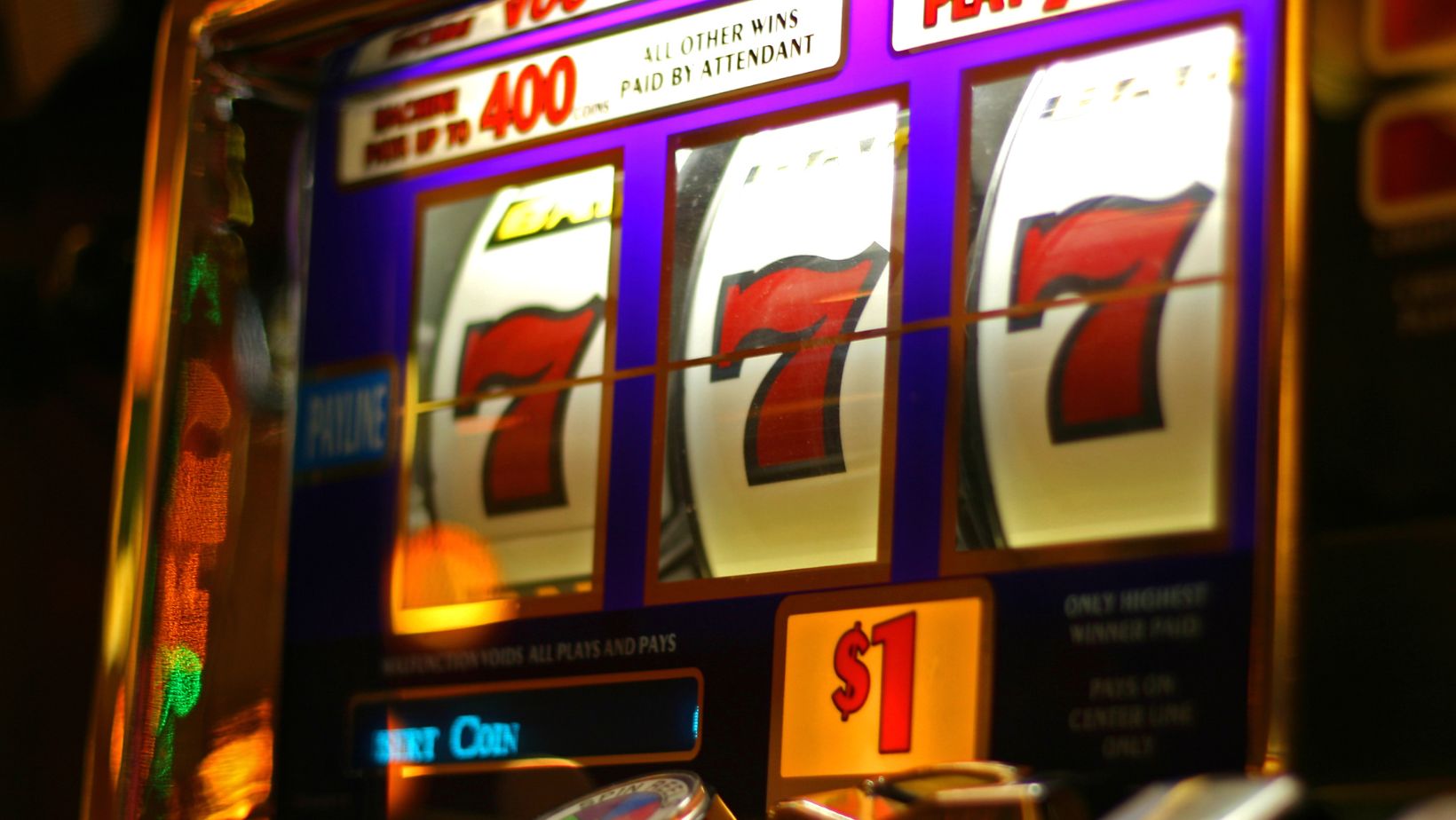Even a minor collision can leave you reeling after any kind of car accident. Car accidents don’t just cause physical injuries—they can leave lasting emotional and psychological scars on everyone involved, including family members. The impact can be particularly challenging for an exciting family, as they navigate trauma, anxiety, and the financial and emotional strain that follows. The ripple effects of a crash often extend far beyond the individual behind the wheel, affecting the entire family dynamic.
In this article, we are going to explore and explain the most common psychological effects that stem from the collision – from shock to post-traumatic stress disorder (PTSD), and how to cope with the aftermath/
Table of Contents
ToggleImmediate Emotional Reactions
For the first hours and days after a crash, everything is very foggy, and in a way surreal, as if you’ve been caught up in some kind of nightmare from which your mind refuses to wake up.
The shock, and sheer disbelief, that can be felt here is common, as is dissociation from the scene. It’s not unusual for both witnesses and first responders to feel detached from what is going on around them. In a particularly violent crash, you could block out the details as a protective mechanism.
Once the dust settles, reactivity might rear its head again, and feelings might come roaring in. You may find yourself constantly replaying the crash in your mind, reliving it over and over.
Nightmares might leave you waking up in a panic, reexperiencing the terror of the accident. Anger could begin to boil, directed at the injustice of the situation and the driver responsible for the crash.
Guilt may weigh heavily, with thoughts of what you “should have” done to prevent the injuries or fatalities.
The grief can feel unbearable, especially if someone was severely harmed or killed, leading to days of uncontrollable weeping. For some, simply witnessing the devastation—destroyed vehicles, bleeding or lifeless bodies—can leave them traumatized for life.
Intense reactions such as these are normal for a while. However, if they continue for months, or get revved up again on the anniversaries of accidents, that can be a sign of PTSD or trauma.
Long-Term Psychological Effects
After the crash, people experience a tsunami of intense feelings, but for most, this wave will subside in a matter of weeks. But for a few unlucky passengers, their problems or psychological symptoms persist or worsen over time.

Here are some of the most common long-term effects:
- Debilitating post-traumatic stress disorder (PTSD) symptoms such as hyper vigilance to danger signs, crippling anxiety, and the illusory reliving of the accident through vivid intrusive memories or nightmares.
- Crushing depression that zaps all motivation, joy and energy. Some develop suicidal thoughts.
- Radical personality shifts, like easy-going people becoming constantly angry and irritable.
- Use of alcohol or pills to numb the psychological pain. Often spirals out of control.
- Withdrawal from family, friends, and favorite activities. Emotional isolation.
- Struggling to concentrate at work or keep up with household duties. Mental fog.
- Relational transitions due to personality changes, grief, lack of intimacy, or fighting over the accident.
With legal guidance, you can sometimes receive compensation for medical expenses or lost work. ConsumerShield estimates that typical car accident settlements range between $15,000 and $35,000. But nothing can fix traumatized minds or broken hearts overnight.
Impact on Children
When kids get hit by cars, either inside the vehicle or as pedestrians, trauma runs deep.
Some studies say one-third of kids who experience a serious accident will develop PTSD or other problems.
Some common effects on kids include:
- Intense separation anxiety and panic whenever a parent leaves. Clinging behaviors.
- Frequent temper tantrums, aggression, or defiance of parents.
- Reverting to infantile behaviors like thumb-sucking or bedwetting.
- Repeated nightmares about the crash. Refusing to sleep alone.
- Acting extremely cautious around cars. Avoiding the accident location.
- Reenacting the collision during playtime with toys.
- Withdrawing from friends and school activities they once enjoyed.
- Trouble focusing and learning at school.
- Teens engaging in risky behaviors like self-harm, drug use or reckless driving.
Children who lost a family member that they were especially close to are particularly vulnerable to experiencing deep depression and prolonged grief and will therefore require additional support in order to achieve a healthy bereavement.
Seeking Help and Support
Do you find yourself feeling chronically depressed or angry since your motorcycle crash? Are you worrying constantly about a specific injury and its impact on your life and ongoing independence?
Ask for a referral to a mental health professional. There’s no reason to continue to suffer alone.

Here are some resources:
- Individual counseling: Meeting with a psychologist or a licensed therapist can help both adults and children process feelings. Two research-based approaches that are often used with trauma victims are eye movement desensitization and reprocessing (EMDR) therapy and cognitive behavioral therapy.
- Collective counsel: Support groups such as Survivors Offering Assistance in Recovery (SOAR) let crash survivors talk through experiences, and also impart advice.
- Family therapy: Sessions work to bring parents and siblings together for a group counseling session to help families communicate, air grievances, and attain an understanding about rebuilding damaged family relationships after the accident.
- Bereavement counseling: Professionals can help people deal with terrible loss in a healthy way; grief support groups are part of that.
- Pastoral counseling: Some mourners receive spiritual guidance and consolation from meeting with clergy or faith leaders.
- Psychiatric medication: Doctors can prescribe drugs to help stabilize mood, temper anxiety, level off sleep disturbances or improve PTSD symptoms, but medications should be supplements, not replacements for therapy.
Let the support come from any direction as you recover from the grief and shock. Know that the wisdom and power of community can brighten even the darkest hours.
Coping Mechanisms
When the initial heartache and trauma begin fading, focus on developing healthy coping habits.
This works equally well both for adults and children recovering from an accident.Try some of these positive techniques:
- Funnel emotions into creative pursuits like writing, music, or art.
- Incorporate relaxation practices like deep breathing, gentle yoga, or meditation.
- Maintain routines around meals, school, work, and exercise.
- Spend time appreciating nature and being outdoors.
- Limit exposure to triggering accident images or stories.
- Consider joining a peer support group for extra encouragement.
- Volunteer or fundraise for a related cause, like Mothers against Drunk Driving.
- Create memorial keepsakes or share positive memories about deceased loved ones.
Final Thoughts
If you are lucky enough to survive a serious automotive collision, the mental scars and shrapnel can begin to claw at you, your family, and others in your lives. They can permeate the very essence of everything – and all this for months and years to come, from numbness to PTSD.
But hope is always within reach. Asking for help through counseling, medication, peer support and gentle self-care offers you a slow turn at the corner.





